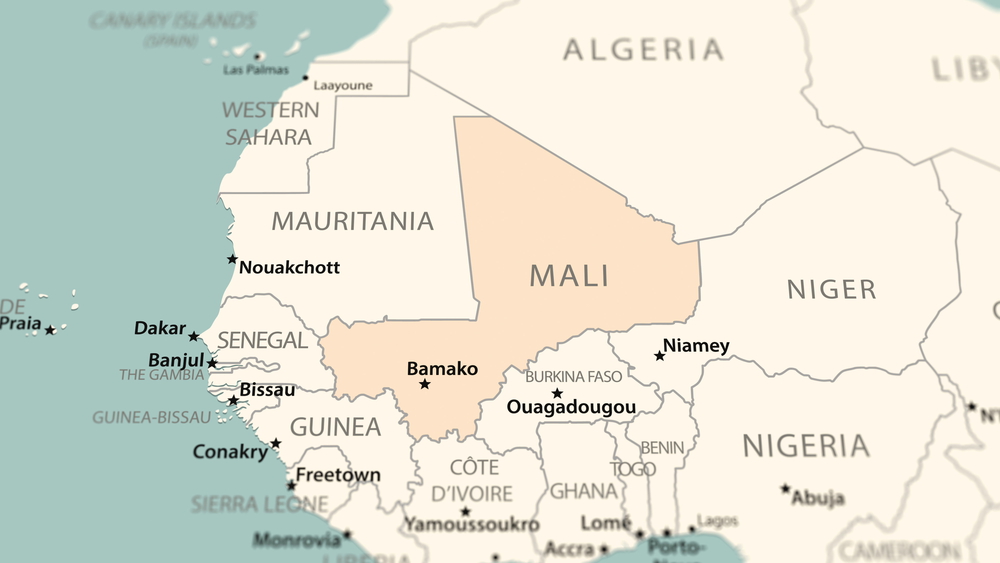In further signs that the Europe-Africa dynamics are changing, Mali, which has recently cancelled colonial-era agreements with France, has said that the country is interested in using Russia’s MIR payments system. Badra Alou Coulibaly, the West African nation’s general controller of public services, said that the move will strengthen the existing “significant level” of cooperation between Bamako (the Malian capital) and Moscow.
The MIR system is an alternative to SWIFT, which has been used against Iran and Russia in cutting them off from the global payments network. Bamako feels that France has the potential to issue similar sanctions against Mali.
Elsewhere, the Mir card is now in use in Armenia, Belarus, Vietnam, Kazakhstan, Tajikistan, and South Korea. On Friday (April 12) Coulibaly said Mali is “certainly looking forward” to accessing the Russian payment system, which other African countries, including Egypt, Nigeria, and Ethiopia, have expressed an interest in adopting.

Russia’s developing relations with Mali, along with neighbouring Niger and Burkina Faso, have sparked criticism in the EU since French troops were expelled from the military-ruled Sahel nations. EU foreign policy chief Josep Borrell claimed in January that Moscow’s influence had particularly increased in Mali, leaving the bloc unsure about the prospects for maintaining a presence in the Sahel region, which is rich in uranium and other minerals.
In November 2022, Russia pledged to send shipments worth about US$100 million to Mali, including 60,000 tons of petroleum products, 30,000 tons of fertilizer, and 25,000 tons of wheat. That was subsequently delivered in early 2024.
Mali is looking to increase its global partnerships. Mali is one of the largest gold producers in Africa. Mali has already signed an agreement with Russia to build a 200-ton gold refinery in Bamako. Rosatom has also signed a contract with Mali for mineral exploration and nuclear energy production. A contract to build a 200-300 MW solar power plant by mid-2025 has also been signed with Russia. Russian arms exports to Mali have also increased.
Further Reading
- Macron Gets Aggressive As France Seeks Revenge For Niger & Mali Exits
- Russia & The Sahel
A comprehensive study of Russia’s relations with Burkina Faso, Cameroon, Chad, the Gambia, Guinea, Mauritania, Mali, Niger, and Senegal can be found in Chapter Ten of our “Russia’s Pivot To Asia” guide, available for complimentary download here.

 Русский
Русский













